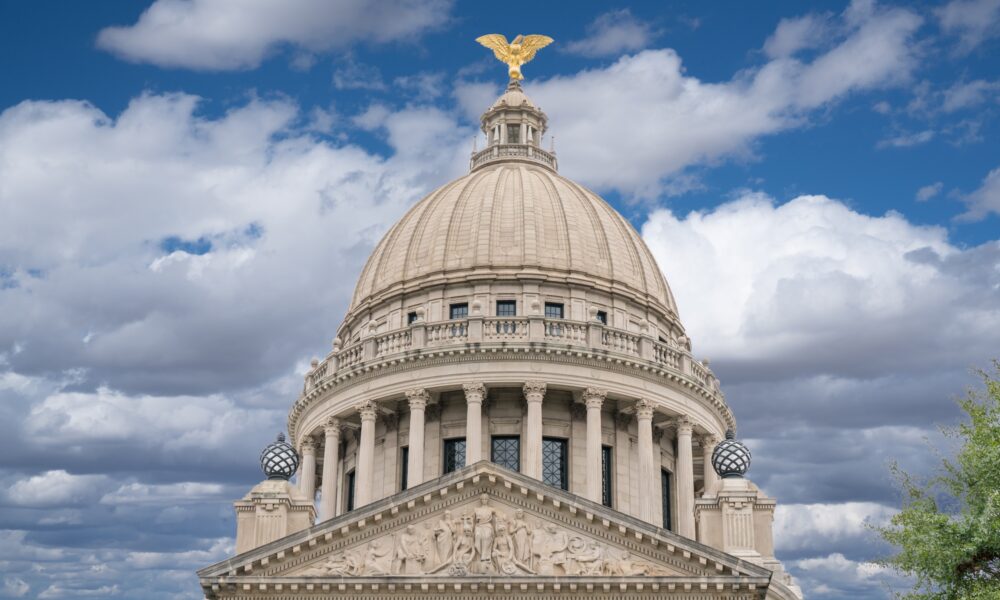Committee
Education
Author
Rob Roberson
Session
2024 Session
Latest Action
On April 15, the House invited conference on HB 1229.
Explanation of the Bill
As amended by the Senate, House Bill 1229 would reenact the Equal Opportunity for Students with Special Needs Act and extend its repealer from July 1, 2024 to July 1, 2028. In addition, it would amend the Act to require a parent or guardian to verify that their child has been accepted into an eligible school in order for their child to participate in the ESA Program. It would also require eligible schools to report the AP exam scores, other college admission exam scores, high school graduation rates, and college acceptance rates of students participating in the ESA program. The bill contains a reverse repealer, which means it will likely be reexamined and amended in conference.
The Equal Opportunity for Students with Special Needs Act became law as part of the 2015 legislative session. It establishes and lays out the guidelines for the Education Scholarship Account (ESA) program. Under this program, parents of students who have had an active Individualized Education Program (IEP) within the past three years can receive funds to educate their child outside of the public school system. For example, a parent can use ESA funds to pay for private school tuition at eligible private schools. Funding for the program is subject to appropriation.
In the program’s initial year, enrollment was limited to 500 students and the amount of funding provided to each student was $6,500. The program was set to expand by 500 additional students in each subsequent year, and funding was set to change in proportion to changes in the base student cost of the Mississippi Adequate Education Program. Limited funding for the program has decreased the number of students the program actually serves. Currently, the program serves 381 students and is funded at a rate of $7,089 per student per year.
Mississippi’s ESA program is narrower in scope than recent efforts in a growing number of states to pass “universal” ESAs that would be open to all students, regardless of disability status. HB 1229 maintains the program as it has existed since 2015 and does not provide for an expansion.
A number of bills similar to HB 1229 have been introduced during the current legislative session, but HB 1229 is the only one that remains alive.
| Date | Details |
|---|---|
| 2/29/24 | On February 29, the House Education Committee passed a committee substitute for HB 1229. |
| 3/12/24 | On March 12, the House passed the committee substitute for HB 1229. |
| 4/2/24 | On April 2, the Senate Education Committee passed a strike-all amendment for HB 1229. As amended, the bill includes the same language as SB 2686. |
| 4/10/24 | On April 10, the Senate amended and passed HB 1229. It now awaits concurrence by the House. |
| 4/15/24 | On April 15, the House invited conference on HB 1229. |

